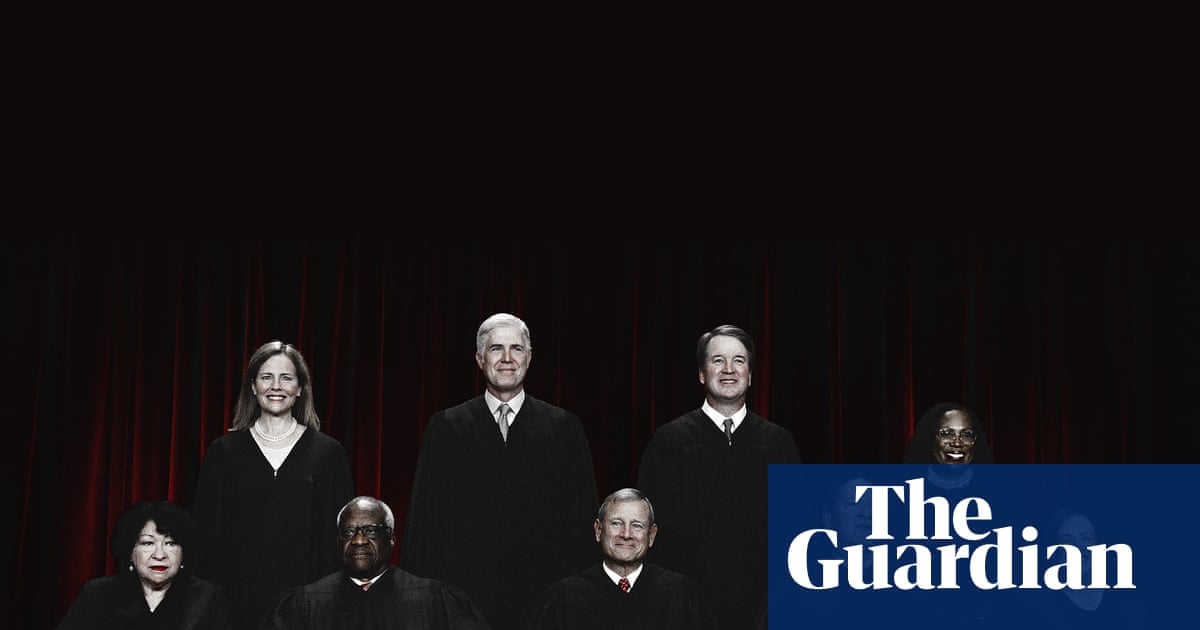
"For several years since conservatives, gained a six-three majority on the bench thanks to Donald Trump's nominations during his first presidency the court has been delivering transformative rulings that have reverberated across the social and political landscape. In 2022, it overturned Roe v Wade, ending the constitutional right to abortion that had existed for nearly half-a-century. In July 2024, in a far-reaching decision, it granted Trump and, by extension, other US presidents sweeping immunity from prosecution"
"This year, following his return to the White House, the court has sided with Trump roughly 20 times after administration officials sought relief from lower court rulings that pushed back on his assertion of expansive executive power to implement his agenda. Now scrutiny on the nine justices is about to reach a new level of intensity as the court begins what is expected to be an unusually fraught term on Monday, amidst the president's increasingly unfettered forays into authoritarianism."
"With the president pushing to prosecute his political enemies, threatening a crackdown on the left on the putative grounds of combating violent extremism, and preparing to deploy military force in Democrat-run cities, the court is due to hear and issue rulings on a slew of ideologically-charged cases. The survival of the landmark 1965 Voting Rights Act, the legality of transgender surgery, the rights of states"
A conservative six-three Supreme Court majority, secured through Donald Trump’s earlier nominations, has issued transformative rulings reshaping legal and political norms. The court overturned Roe v Wade in 2022 and granted sweeping presidential immunity in July 2024. Since the president’s return to the White House, the court has sided with his administration roughly twenty times on disputes over executive authority. An unusually contentious term begins with cases that could affect the Voting Rights Act, transgender medical legality, mail-in ballot counting, and presidential tariff powers. These decisions carry profound implications for the balance of power and democratic governance in the United States.
Read at www.theguardian.com
Unable to calculate read time
Collection
[
|
...
]